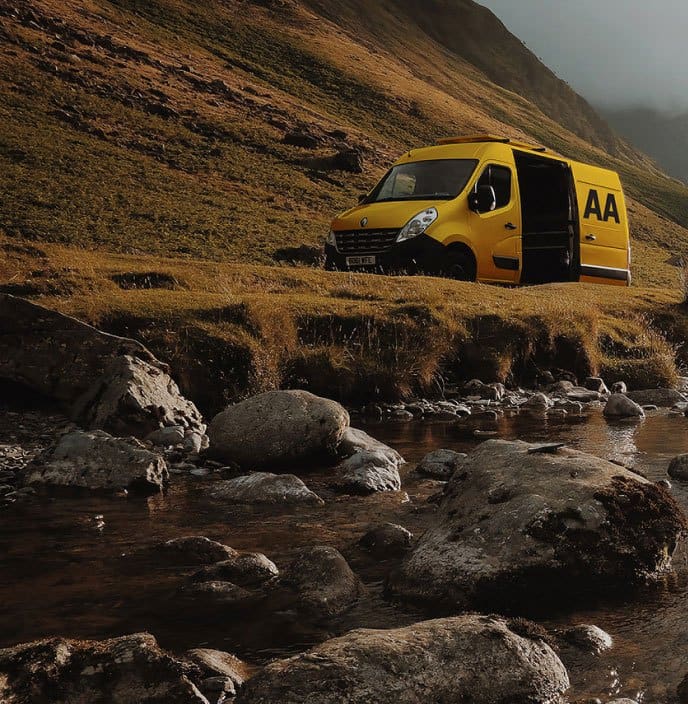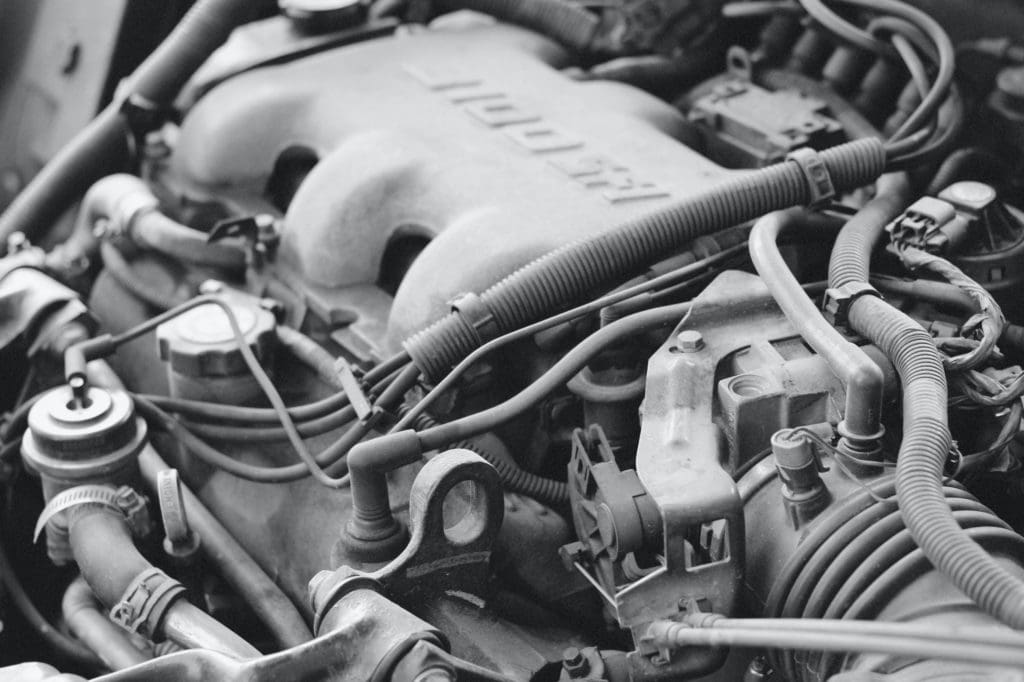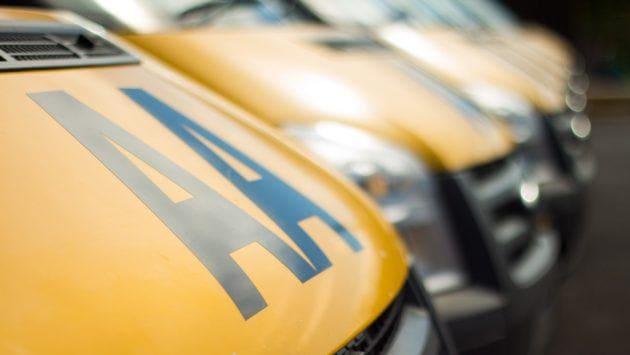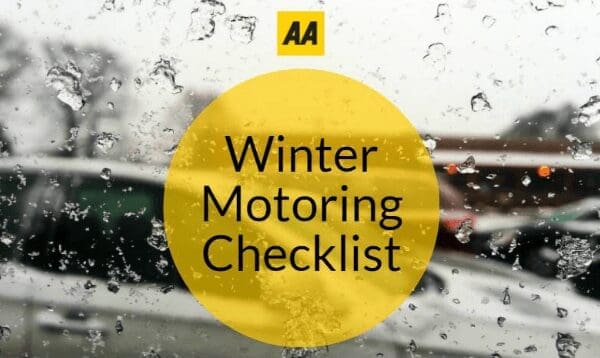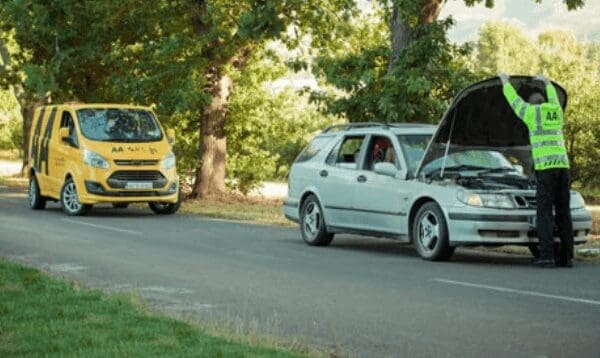Photo by Jorge César on Unsplash.com
Rodents, rodents go away…please don’t come back another day.
Your vehicle is a trusted friend that takes you on long trips or holidays at home. However, your vehicle can also be a great friend to rats and mice. The issue of rodents or other creatures finding a home in your engine bay was something that happened on very rare occasions here in Ireland, but this changed during COVID-19 restrictions. Many people were using their car less, or sometimes not at all, for long periods and this in some cases has meant catastrophic damage to parked-up cars.
We were recently contacted by an owner of a two-year-old Mercedes-Benz who hadn’t used his car for three weeks. When he eventually drove it, he found that it was losing power. His retailer discovered that something had eaten through the wiring looms under the engine bay, causing thousands of euro worth of damage.
This vehicle owner is not alone. The pest control services provider, Rentokil, received 518 calls between April 2020 and March 2021 relating to rodent activity in vehicles in Ireland.
According to Trevor Lee, the director of operations at Managed Automotive Repair Network Limited, the number of cases of rodent activity in vehicles across their three sites in Galway, Enniscorthy and Dublin North has doubled since November 2020.
So why do rodents decide to invade your vehicle? Well, engines are dry, warm and undisturbed and so provide an ideal shelter for breeding, resting or feeding these creatures. If they do decide to nest, rodents can cause significant damage to your vehicle and this, as seen with the Mercedes-Benz, can result in quite the repair bill.
We have put together some advice on how you can protect yourself from rodent damage and ensure you are the only one in the driving seat.
Damage
Your vehicle engine can be extremely tempting for rodents to nest in. They might use the insulating fabric as bedding, and it can also provide shelter for baby rodents. These creatures can use the engine to store food and when this gets scattered around the engine or inside the vehicle, it poses risks. This discarded food could catch fire when the engine heats up or it could interfere with pedal mechanisms.
As well as these risks, the creatures can chew through wiring harnesses causing short circuits, they can chew through coolant pipes or they can get stuck behind dashboards.
Not only do rodents pose a serious risk to the mechanics of your vehicle, but they can interfere with the aesthetic appeal too. The tears or scratching from the creatures can ruin the interior surfaces and droppings, mouldy food or decomposing creatures can lead to very unpleasant smells.
Rodents also pose a risk to public health. According to an Richard Faulkner, an advanced technical field consultant at Rentokil, if these creatures are present a full pest disinfection of the vehicle will need to be carried out to neutralise any potential pathogens such as bacteria and viruses. Insecticidal treatment may also be required as rodents carry ecto parasites such as fleas, lice, mites and ticks.
As mentioned already, the damage caused by rodents can be quite expensive. At Managed Automotive Repair Network Limited, they had a particular case (a 2-year-old BMW) that cost almost €5,500. The damage noted in this vehicle was extensive, including chewed trims around the engine bay, chewed wiring, tears in the seats and carpet and the vehicle also required decontamination. In other cases, Trevor Lee noticed damage that involved rats eating the washer tubing to the headlight or the screen washers to get to a supply of water.
Protection
It is possible to protect yourself from rodent damage and to ensure that you have no unwanted passengers on your staycations.
Our AA patrol supervisors advise you to avoid regularly leaving dog or cat food in the garden or near your vehicle and to avoid leaving the vehicle unattended for a very long time.
Trevor Lee says they have seen chewed up plastic bags, food wrappers and pieces of cloth used by rodents to make nests. Therefore, it is best to remove any food sources or nesting materials from your vehicle.
According to Rentokil, mice are able to fit through a gap that is larger than 5mm in circumference and a common rat can fit through any gap of 20mm circumference or more. They advise you to, if possible, keep your vehicle in a sealed garage. There are many rodent repellent tapes available on the market, but make sure to always ask a professional’s advice when sealing up potential entry points.
If rodents do manage to get into your engine, then you should try your best to make it very difficult for them to nest. This can be done by spraying deterrent smells, by using bright lights, noise boxes with low frequency or by putting some cat litter or pet hair inside the vehicle.
Here at the AA, we do get calls from time to time relating to rodent damage in vehicles. This usually occurs in the winter, as a warm engine bay is an ideal break from the cold we get in this country.
Our AA motor product managers explain that the cost of a claim would depend on the type of vehicle you have, the extent of damage done and the overall condition of the vehicle.
Make sure you are always prepared with AA Membership. It covers you 24/7 whether you’re a driver or a passenger, meaning that we cover YOU, not your car. Our patrols fix 8 out of 10 of our members’ cars on the roadside. Just €10 per month offers peace of mind and is a piece of cake for you to arrange.


